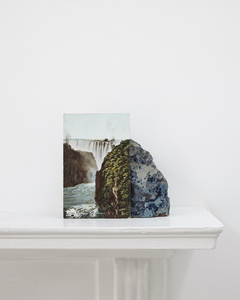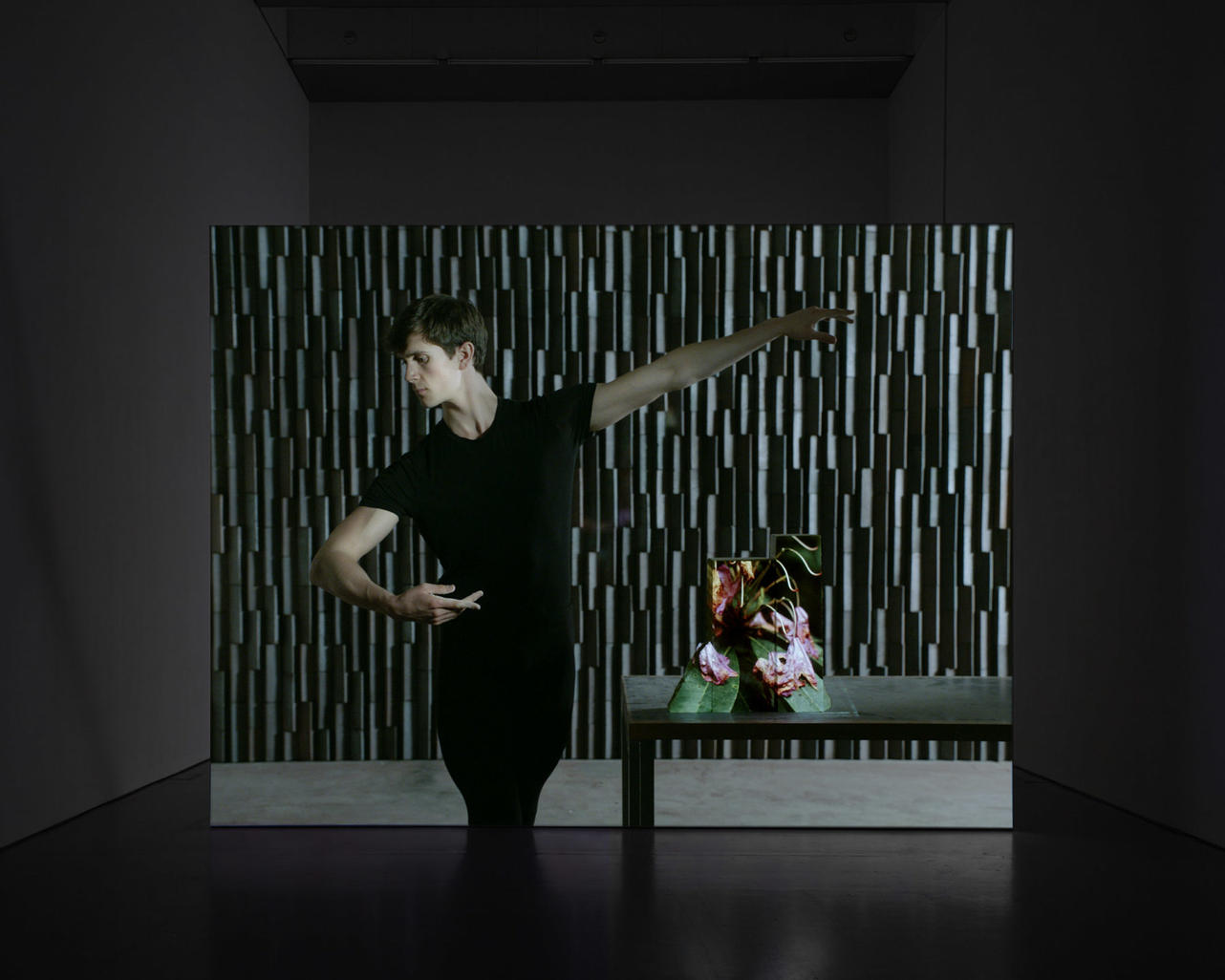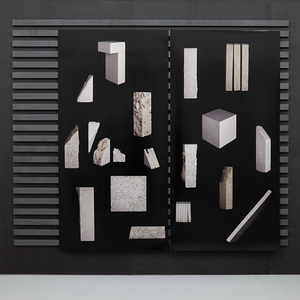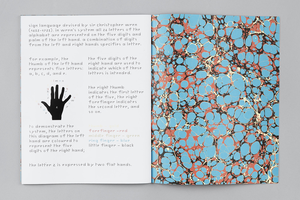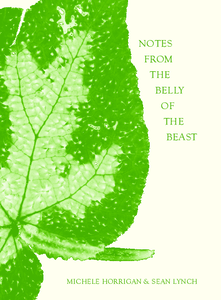- contents
-
navigation
-
abstract
TTTTT research by Whipps focuses on the persistent dichotomy between art and science with the aim of disrupting it. He has opened up his art practice to inputs from the disciplines of geology, horticulture and dance, combining them in contemporary art settings to create nuanced readings. The resulting productions (artefacts, exhibitions and publications) allow for the emergence of a new sort of puzzle, which materialises through poesis in these different and often unrelated fields. Whipps developed a co-working methodology that drew on expertise from Dr Andrew Rees (geology), University of Birmingham, Tom Brown, Head Gardener, West Dean Gardens and William Bracewell, First Soloist, Royal Ballet. This methodology was applied referencing a series of seemingly disconnected artistic nodal points, including: photographs taken at a surrealist sculpture garden in Mexico, archival material of the Scottish oil industry, stories of stolen flowers from a garden in North Wales. Using these nodes, plus others, Whipps elicited responses from the experts to inform his findings, which in turn were utilised in the production and presentation of new projections, prints and structural installation. They provided an accessible and common ground between these fields of knowledge, inviting visitors to meditate on the relationships that those fields can create when they collide in the new ways afforded by Whipps’s work. This research has been enacted through a series of national solo art exhibitions at Spike Island, Bristol, DCA, Dundee; plus international group shows: CAPC, France, and the Irish Architecture Association, Ireland. Whipps’s research has also been disseminated in monograph publications: ‘Feeling With Fingers That See’ and ‘White Ashes Fell’ as well as in a group publication, ‘Le Musée Se Met Au Vert!’ published by Musée Des Beaux-Arts Bordeaux. The research has been supported through two Arts Council England project grants and the Henry Moore Institute.
- Stuart Whipps - Tick Tack Tick Tack Tick - 2020
- Meta
- Comments
- Terms
